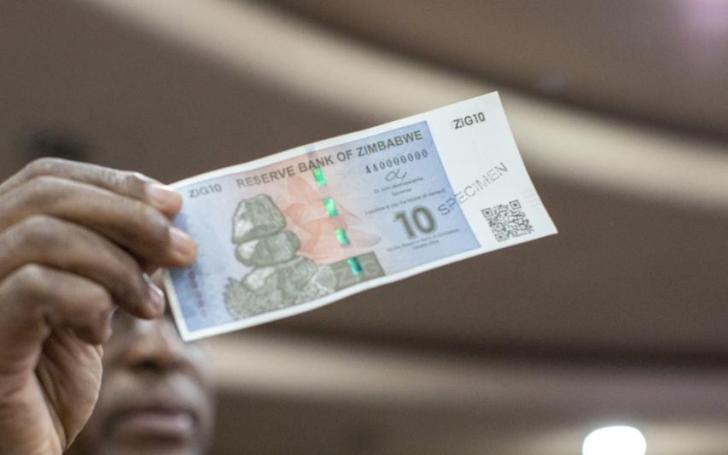News / National
ZiG fails to break Zimbabwe's cash crunch
18 May 2024 at 11:18hrs |
1 Views

Informal traders at Harare's Mbare market, a bustling center of commerce generating millions of US dollars weekly, have revealed their ongoing struggle with a cash shortage, hitting women vendors the hardest. The shift to Zimbabwe Gold (ZiG) on April 5 had initially raised hopes among cash-only markets that the long-standing liquidity crisis would ease. However, weeks before the transition, the crisis intensified, with traders anxiously awaiting the new currency.
Bond notes, previously used for transactions, were phased out, leaving markets stagnant as traders awaited ZiG's arrival. Despite the Reserve Bank of Zimbabwe (RBZ) releasing physical notes and coins, the currency remains scarce, exacerbating the challenges faced by traders, according to a recent survey supported by WAN-IFRA.
The scarcity of ZiG notes has disrupted sales, particularly affecting women vendors who constitute a significant portion of vegetable sellers. The absence of small denominations hinders their ability to provide change, causing friction with customers and stalling business operations.
The situation extends beyond Mbare, impacting suburbs where women, like Charity, turned to the fresh produce trade after losing jobs due to de-industrialization. Confusion over exchange rates further complicates matters, with differing rates observed between local markets and Mbare.
Commuter omnibus and taxi operators also face challenges due to the scarcity of physical notes and confusion over exchange rates. Despite assurances from the RBZ of sufficient cash circulation, traders and operators call for increased availability of ZiG notes to facilitate transactions effectively.
Bond notes, previously used for transactions, were phased out, leaving markets stagnant as traders awaited ZiG's arrival. Despite the Reserve Bank of Zimbabwe (RBZ) releasing physical notes and coins, the currency remains scarce, exacerbating the challenges faced by traders, according to a recent survey supported by WAN-IFRA.
The scarcity of ZiG notes has disrupted sales, particularly affecting women vendors who constitute a significant portion of vegetable sellers. The absence of small denominations hinders their ability to provide change, causing friction with customers and stalling business operations.
The situation extends beyond Mbare, impacting suburbs where women, like Charity, turned to the fresh produce trade after losing jobs due to de-industrialization. Confusion over exchange rates further complicates matters, with differing rates observed between local markets and Mbare.
Commuter omnibus and taxi operators also face challenges due to the scarcity of physical notes and confusion over exchange rates. Despite assurances from the RBZ of sufficient cash circulation, traders and operators call for increased availability of ZiG notes to facilitate transactions effectively.
Source - zimbabwe independence
Join the discussion
Loading comments…
































